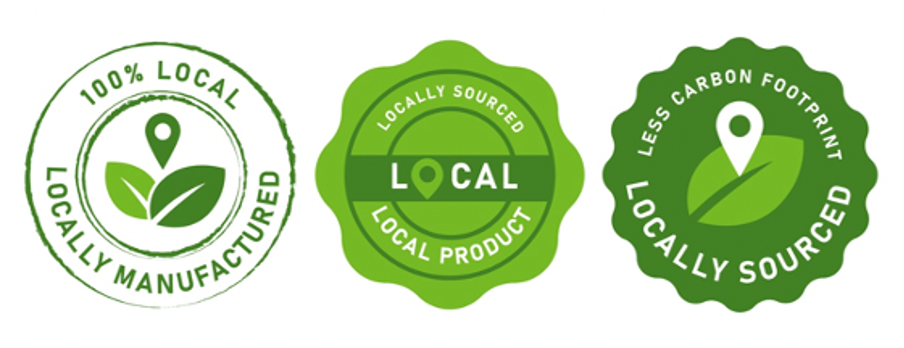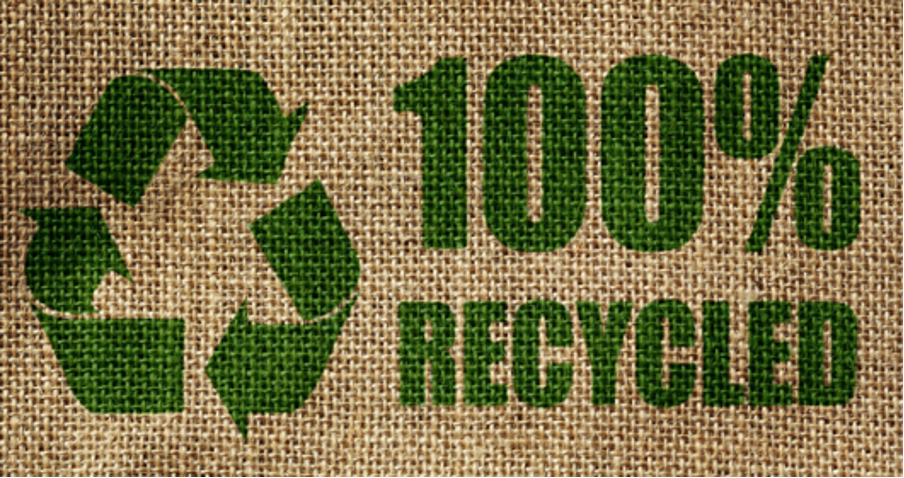Written by Tess Edwards
In an era where environmental consciousness has become an overriding concern, the events industry is undergoing a transformation towards more sustainable practices. With the pressing need to address climate change and reduce our carbon footprint, I believe that event agencies, like ours, should now be taking proactive steps to organise events that not only captivate attendees but also minimise our environmental impact.
As someone deeply passionate about the environment and the future of our planet, I understand the urgency of our collective responsibility. The events industry, which I have been a part of for a few years now, has often been criticised for its resource consumption, waste generation, and carbon emissions. From energy-intensive lighting setups to disposable materials, it’s undeniable that events have contributed to environmental degradation.
However, there’s a solution at hand, and it’s called sustainable event planning. It’s a concept that goes beyond just reducing our carbon footprint – it’s about integrating eco-friendly practices into every aspect of event execution. And I firmly believe that it’s not just an obligation but an opportunity to make a positive impact on our world.
So, as event agencies, we play a pivotal role in shaping the future of our industry. It’s crucial that we start considering our carbon footprint right from the very beginning of the planning process. I know it might seem like a daunting task, but I want to emphasise that there are several straightforward steps that we can take to kickstart our journey toward sustainability.
Venue Sourcing: Let’s begin with the venue. The simple decision of a venue’s location can massively help reduce our carbon footprint. If we choose a venue that’s conveniently located near modes of public transport, we instantly reduce the volume of people traveling by car to the event. This not only cuts emissions but also sets a sustainable tone for the entire event.

Going Paperless: Another step we can take is to go paperless. Imagine all our event materials accessible digitally. It not only makes a massive impact on reducing waste at the end of the event but also embraces technology to enhance the attendee experience. I personally find it exciting to be at the forefront of this digital transition.

Sustainable Materials: Let’s address the noticeable source of waste at events – disposable materials. Instead of plastic cups, plates, and cutlery, we can opt for eco-friendly alternatives like biodegradable or reusable items. We can even design our branding materials with sustainability in mind, using recycled or sustainable materials and eco-friendly inks. Additionally, let’s choose venues that prioritise recycling and composting. This way, we can drastically reduce the amount of waste sent to landfills.

Food and Beverage:The choice of catering can have a substantial impact on an event’s environmental footprint. Let’s partner with catering companies that prioritise locally sourced, organic, and sustainable ingredients. Offering vegetarian or vegan menu options can significantly reduce our event’s carbon footprint. I believe that not only will this please eco-conscious clients, but it’s also a responsible choice for our planet. And donating surplus food to local charities? That’s a win-win for everyone.

Giveaways: When it comes to give aways, it’s important for us to personally reflect on whether our attendees will find value in these items beyond the event. Once we’ve carefully considered the perfect giveaway, let’s ensure that these items are thoughtfully sourced from sustainable materials or crafted from recycled resources.

Education and Engagement: Finally, let’s engage our attendees in our sustainability efforts. We can raise awareness about sustainability by providing information on our eco-friendly initiatives, offering tips for sustainable living, and encouraging attendees to participate in eco-conscious activities during the event. It’s an opportunity to inspire a sense of responsibility and environmental stewardship.

